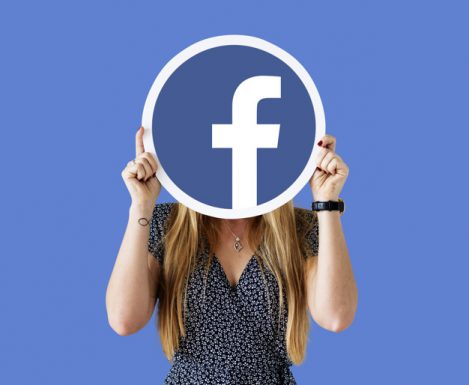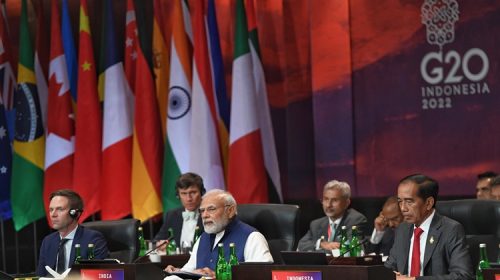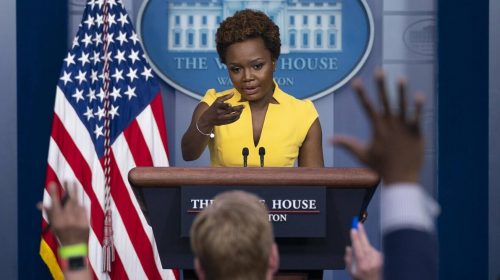Facebook has started blocking users, news organisations and other organisations in Australia from sharing news and other links on the platform. The announcement comes as Australia is set to make the new ‘media code’ as its law, which seeks to correct the bargaining imbalance between newsrooms and digital giants such as Facebook, Google. The social media giant had threatened to do this if the proposed law were passed and it has followed up on the same.
Australia’s proposed law argues that both platforms should pay news publications for the links they use. It allows news publishers to pursue individual monetary deals with Facebook and Google and also seek arbitration in case they feel that a deal being offered is not fair.
Facebook has started blocking users, news organisations and other organisations in Australia from sharing news and other links on the platform. The announcement comes as Australia is set to make the new ‘media code’ as its law, which seeks to correct the bargaining imbalance between newsrooms and digital giants such as Facebook, Google. The social media giant had threatened to do this if the proposed law were passed and it has followed up on the same.
Australia’s proposed law argues that both platforms should pay news publications for the links they use. It allows news publishers to pursue individual monetary deals with Facebook and Google and also seek arbitration in case they feel that a deal being offered is not fair.
It appears that Facebook has already started removing news content from Australia as users in the country woke up to empty news feeds. Reacting to the decision, Australian Treasurer Josh Frydenberg called it “wrong”, adding that “Facebook’s actions were unnecessary, they were heavy-handed, and they will damage its reputation here in Australia,” reported Reuters.
He also said that Facebook CEO Mark Zuckerberg gave no warning of the news shutdown when the pair spoke over the weekend.
So what changes will Facebook make for Australian users and news publishers?
In a separate blog post, William Easton, Managing Director, Facebook Australia & New Zealand wrote that users and news organisations in Australia are “now restricted from posting news links and sharing or viewing Australian and international news content” on the platform. This would the be the first time that Facebook is restricting an entire country from sharing news content on the site.
As part of the new rules, “posting and sharing news links from Australian publishers is also restricted,” the company said. Facebook will rely on a “combination of technologies to restrict news content”, but said it will have “processes to review any content that was inadvertently removed.”
For Australian news publishers, their Facebook page suddenly will have no value. The reason, they will not be able to share or post any content on these pages and the changes are already in place.
According to Facebook, “Admins will still be able to access other features from their Facebook Page, including Page insights and Creator Studio.” The company will continue to give access to “other standard Facebook services, including data tools and CrowdTangle.” The latter is a tool for “content discovery and social monitoring platform” for news publishers and brands, but without the ability to share on Facebook, use for CrowdTangle will be limited.
For international news publishers, Facebook says that while they can continue to post their content on the platform, it will no longer be “viewed or shared by Australian audiences.”
For Australian users, they will no longer be able to “view or share Australian or international news content on Facebook or content from Australian and international news Pages.”
For international users, they too will not be able to “view or share Australian news content on Facebook or content from Australian news Pages.”
Why is Facebook banning news content from Australian users and news organisations?
As pointed out, the proposed law asks Facebook and Google to pay for using news links. The argument is that in the digital world, advertising revenues have largely gone to these two players, while news organisations have suffered. Australia wants to correct this fundamental ‘imbalance.’
Easton wrote that the proposed law “fundamentally misunderstands the relationship between our platform and publishers who use it to share news content.” The post also explained why Facebook was taking a different stance compared to Google.
The search giant had also threatened to pull out its search engine from the country, but it had appeared to back down on the threats. According to news reports, Google has made deals with several Australian news media outlets, and would be paying them for using their content and links.
But Facebook says that the way they function is totally different from Google.
“Google Search is inextricably intertwined with news and publishers do not voluntarily provide their content. On the other hand, publishers willingly choose to post news on Facebook, as it allows them to sell more subscriptions, grow their audiences and increase advertising revenue,” Easton wrote in the blog post.
Facebook also said that its platform generated approximately 5.1 billion free referrals to Australian publishers, which are worth an estimated AU$407 million. The social network also denied that using news links helps its business, adding that the “business gain from news is minimal,” and that news only accounts for “less than 4% of the content people see in their News Feed.”
The post also adds that the company had plans to launch ‘Facebook News’ in Australia, but would not be doing so in face of the new law. It goes on to add that they will only do when the ‘right rules’ are in place.
Reactions from Australian news media
Australian news media editors have reacted sharply to the development. In a tweet, Lisa Davies, editor of the Sydney Morning Herald, wrote that Facebook’s move would increase misinformation. “Well, that’s a tantrum. Facebook has exponentially increased the opportunity for misinformation, dangerous radicalism and conspiracy theories to abound on its platform. Even more important to subscribe to a news outlet you respect,” she wrote.
It also looked like the Facebook news ban has hit other pages in Australia as well.
According to the Sydney Morning Herald pages of emergency services, charities, hospitals, etc have also been wiped clean. Some organisations which saw their Facebook pages go blank include the Sydney Local Health District, the Royal children’s hospital in Melbourne, the Brisbane City Council, Save the Children Australia, Fire and Rescue for New South Wales, Australia, Suicide Prevention Australia, 1800Respect, which is a helpline for domestic violence victims, and Cricket Australia.




